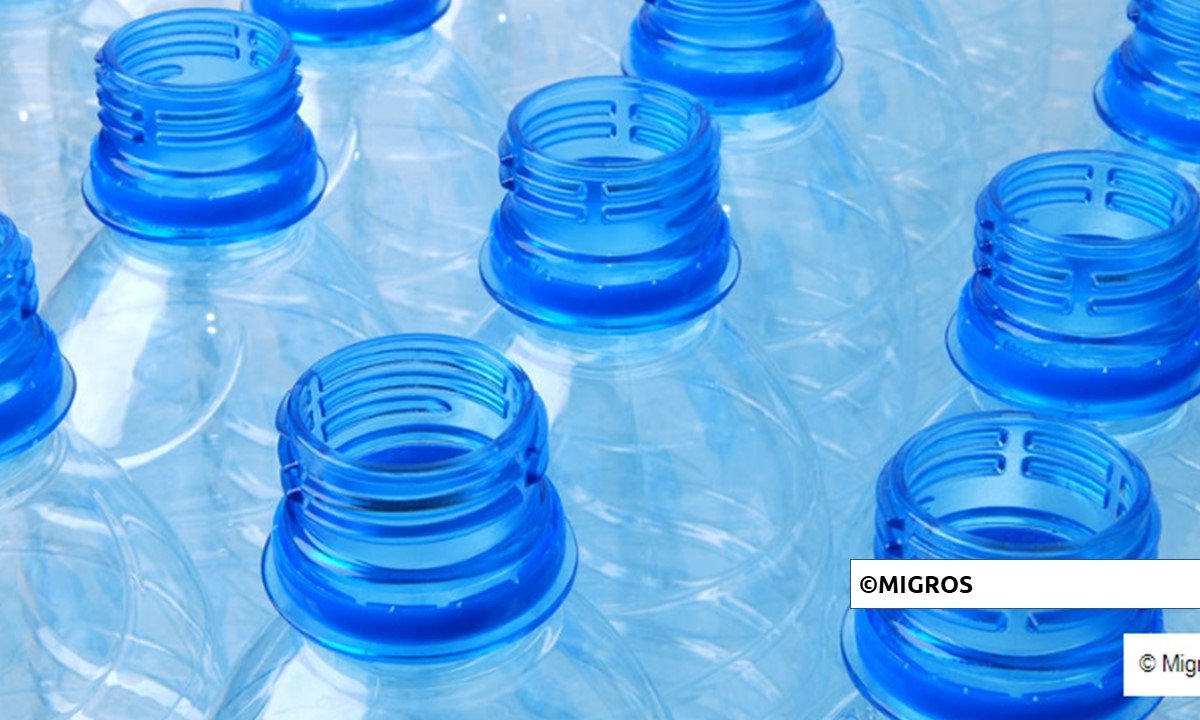

Carbios will receive grants totaling €54 million to finance construction of world’s first PET biorecycling plant
"Our first plant will be the global showcase for our PET biorecycling technology, and we are very proud that it is located in France."
Emmanuel Ladent, Chief Executive Officer of Carbios
Carbios announces that its project has been selected by the French State for funding of €30 million from the French State as part of the investment plan France 2030, and €12.5 million from the Grand-Est Region. The implementation of this funding is conditional to the European Commission’s approval of the corresponding state aid scheme, followed by the conclusion of national aid agreements. As part of the national call for projects on “Plastics Recycling” operated by ADEME, Carbios’ project to finalize the industrialization of its unique PET biorecycling process has been selected. The reference plant in Longlaville in the Grand-Est region will be the world’s first PET biorecycling plant and is due for commissioning in 2025. This plant will make it possible to relocate to France the production of the two basic components of PET, PTA and MEG, both derived from the Carbios process.
Carbios also announces that it has been granted total funding of €11.4 million from the French State as part of France 2030, of which €8.2 million directly for Carbios (€5 million in repayable advances) and €3.2 million for its academic partners INRAE , INSA and CNRS via the TWB and TBI joint service and research units. This funding will enable to continue its research into the optimization and continuous improvement of Carbios’ enzymatic technologies.
Roland Lescure, French Minister for Industry: “I’m delighted to be able to announce, at the opening of the World Plastics Conference, the French State’s support of nearly €54 million for Carbios’ innovative enzymatic plastic recycling projects. The construction in France in 2023 of the world’s first enzymatic plastic recycling plant is an important step towards building a fully circular plastic economy, one of the greatest environmental challenges of the next two decades. This project shows just how much the ecological transition is also an opportunity for the green reindustrialization of our country.”
The plant will secure the sales of the first volumes of recycled PET produced with Carbios’ technology, and to offer its partners recycled PET of the same quality as virgin PET. Once the necessary permits have been obtained, which should be granted by the end of 2023, in line with the announced start of construction before the end of the year, the plant is scheduled to be commissioned in 2025. This will be followed by a period of ramp-up to full capacity. The plant will have a nominal processing capacity of 50,000 tonnes of PET waste per year, equivalent to 2 billion bottles or 2.5 billion food trays.
Emmanuel Ladent, Chief Executive Officer of Carbios: “Thanks to the French State’s previous support, we were able to demonstrate the economic and environmental competitiveness of our technology at the industrial demonstrator scale in Clermont-Ferrand. The renewed support from ADEME and that of the Grand-Est Region are crucial for this new industrial step which marks the start of our international deployment. Our first plant will be the global showcase for our PET biorecycling technology, and we are very proud that it is located in France. I would like to thank the Carbios Board of Directors, and in particular its Chairman Philippe Pouletty, for his decisive role in bringing this first plant to fruition.”
Selection for funding by the French State through France 2030 and the Grand-Est Region complements the recent announcement of an exclusive, long-term partnership with Novozymes, the world leader in enzyme production, one of the main aims is to ensure the supply of enzymes to Carbios’ Longlaville plant and future licensed plants. In addition, Carbios recently secured a first supply source for its future plant by winning part of the CITEO tender for the biorecycling of multilayer trays.
